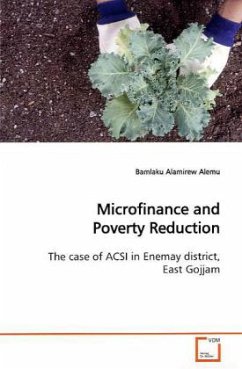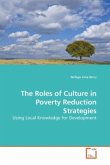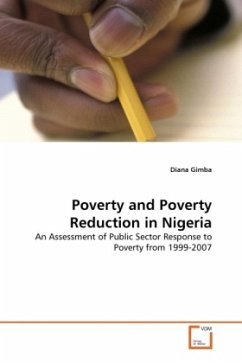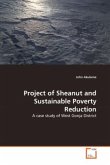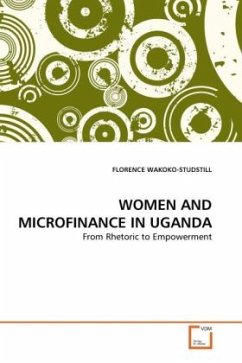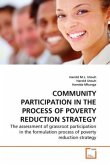Microfinance institutions in Ethiopia, as is the
case elsewhere in the developing world, have been
established with the objective of reducing poverty.
Therefore, whether this objective has been achieved
merits special consideration by way of impact
analysis. Against this objective, taking a random
sample of 194 farm households, this study examines
the impact of Amhara Credit and Savings Institute
(ACSI) on poverty reduction in East Gojjam, Amhara
region, Ethiopia. Results of the study indicate that
microfinance helps farmers smooth out their
consumption and augment their otherwise meagre
incomes. Otherwise, its impact on poverty per se is
not strong enough to suggest ACSI has achieved its
objective it seeks to meet from the outset. Unless
otherwise business training skills are provided to
the farmers as part of the package, only loan
provisions and savings services may not help a
useful purpose. The repayment period was also found
to be short enough which clients found hard to repay
in time.
case elsewhere in the developing world, have been
established with the objective of reducing poverty.
Therefore, whether this objective has been achieved
merits special consideration by way of impact
analysis. Against this objective, taking a random
sample of 194 farm households, this study examines
the impact of Amhara Credit and Savings Institute
(ACSI) on poverty reduction in East Gojjam, Amhara
region, Ethiopia. Results of the study indicate that
microfinance helps farmers smooth out their
consumption and augment their otherwise meagre
incomes. Otherwise, its impact on poverty per se is
not strong enough to suggest ACSI has achieved its
objective it seeks to meet from the outset. Unless
otherwise business training skills are provided to
the farmers as part of the package, only loan
provisions and savings services may not help a
useful purpose. The repayment period was also found
to be short enough which clients found hard to repay
in time.
